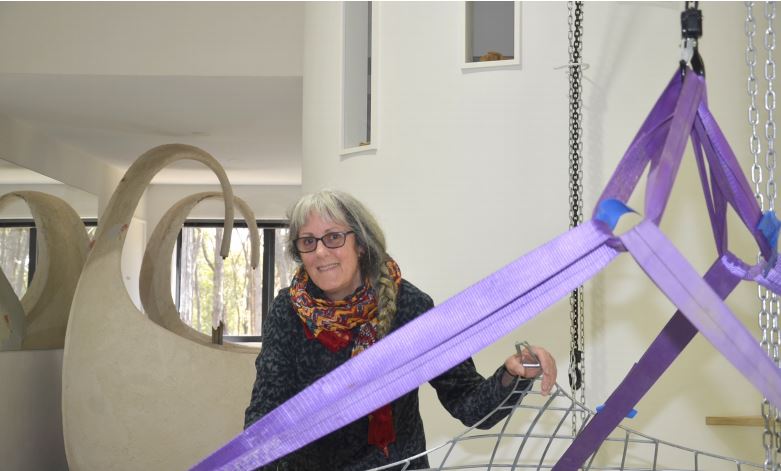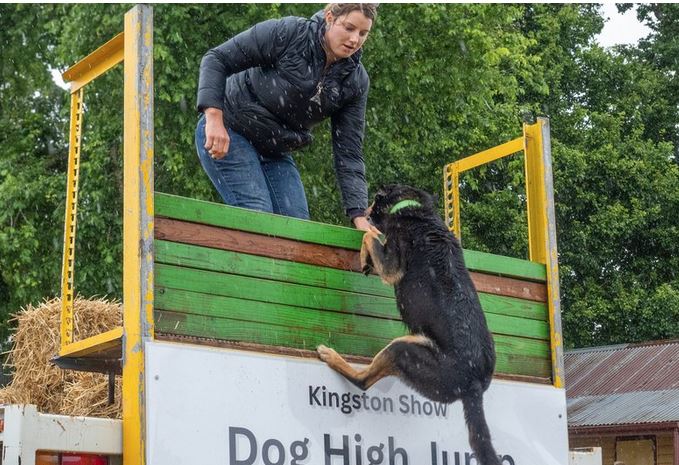March 7th, 2023Helping farmers axe on-farm emissions
An on-farm emissions action plan ilot aims to help Victorian farmers reduce on-farm emissions with grant support funding from a pool of up to $5 million.
The pilot is being delivered as part of the Agriculture Sector Emissions Reduction Pledge to provide practical information, tools and services to support farmers to understand and reduce emissions.
Over three years, Agriculture Victoria will work with up to 250 producers who are interested in understanding their emissions output, adapting their practices, growing their business in a low-emissions future, and are willing to help other farmers by sharing their experiences.

Since the pilot opened in May 2022, engagement with industry and key stakeholders has seen strong interest from the beef, dairy, and sheep sectors.
Six more rounds will open over the next two years, with opportunities for local beef and sheep farmers to participate.
Agriculture Victoria Emissions Specialist, Alison Kelly has been visiting beef and dairy producers across the state.
“During the visits and working one-on-one with participants, it’s become really clear that no two farms or businesses are alike and there is no single solution to emissions on-farm,” she said.
“Victorian farmers have a great desire to improve their understanding of climate change and work toward decreasing on-farm emissions.
“The pilot is an opportunity for them to get 1:1 support for their emissions journey, so they can achieve their business goals no matter what starting point they are at with emissions knowledge,” Mrs Kelly said.
Through the farm visits, the team has identified several emerging themes which will be explored in detail over the remaining two years of the pilot.
“We’ve observed that farmers have already been implementing emissions and sustainability action on-farm, but they want to understand how they can capture evidence of their emissions and carbon stocks, as well as practical advice about managing this over time,” Mrs Kelly said.
“For the beef farmers that we have been working with for round one of the pilot, improving data collection, herd and feed efficiencies, and reducing inputs where possible are also important so they can maintain their productivity and continue to operate their businesses efficiently as the climate changes,” she said.
Those interested in participating can stay up to date with the pilot by visiting the On-Farm Emissions Action Plan Pilot webpage.










